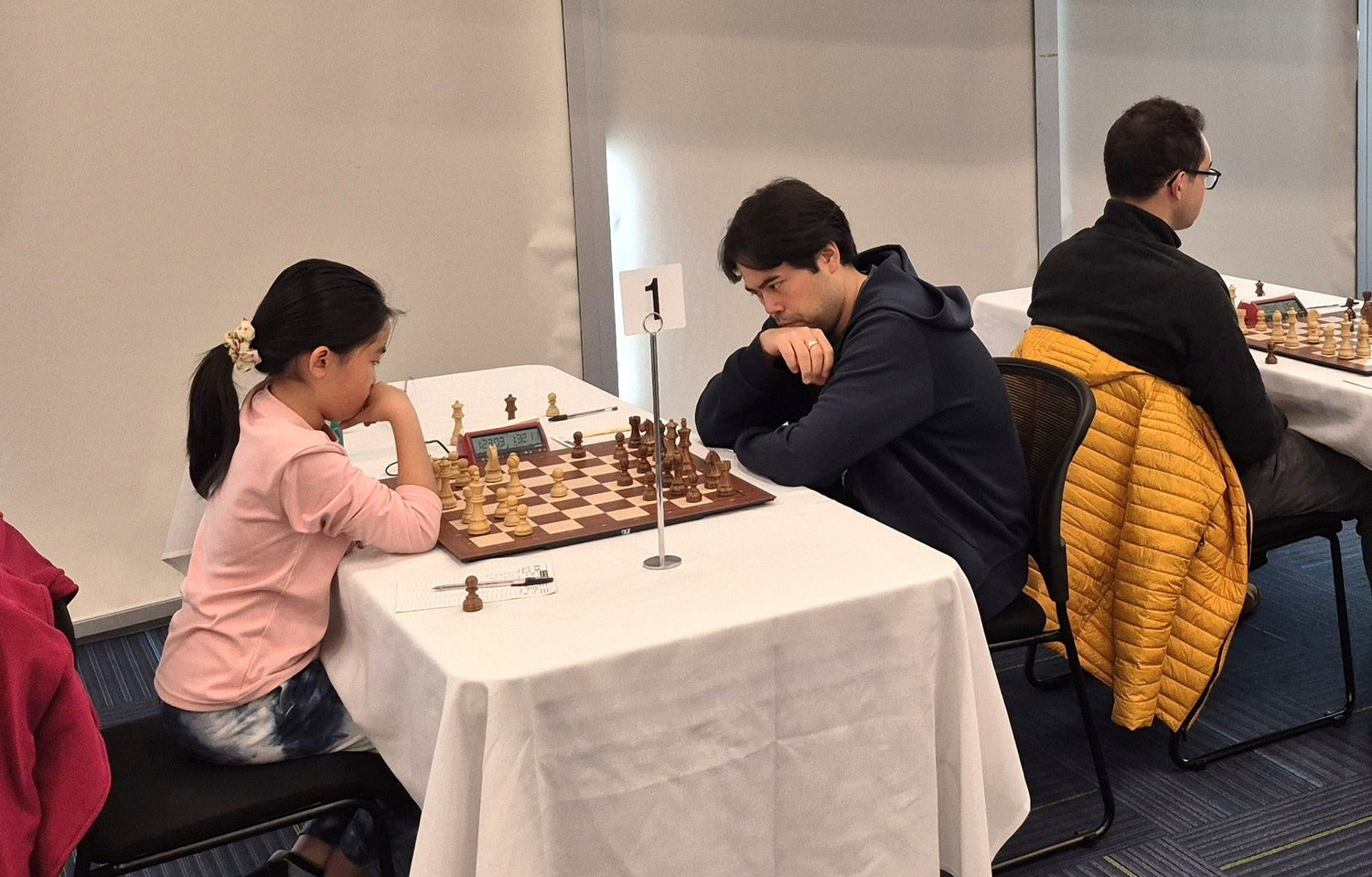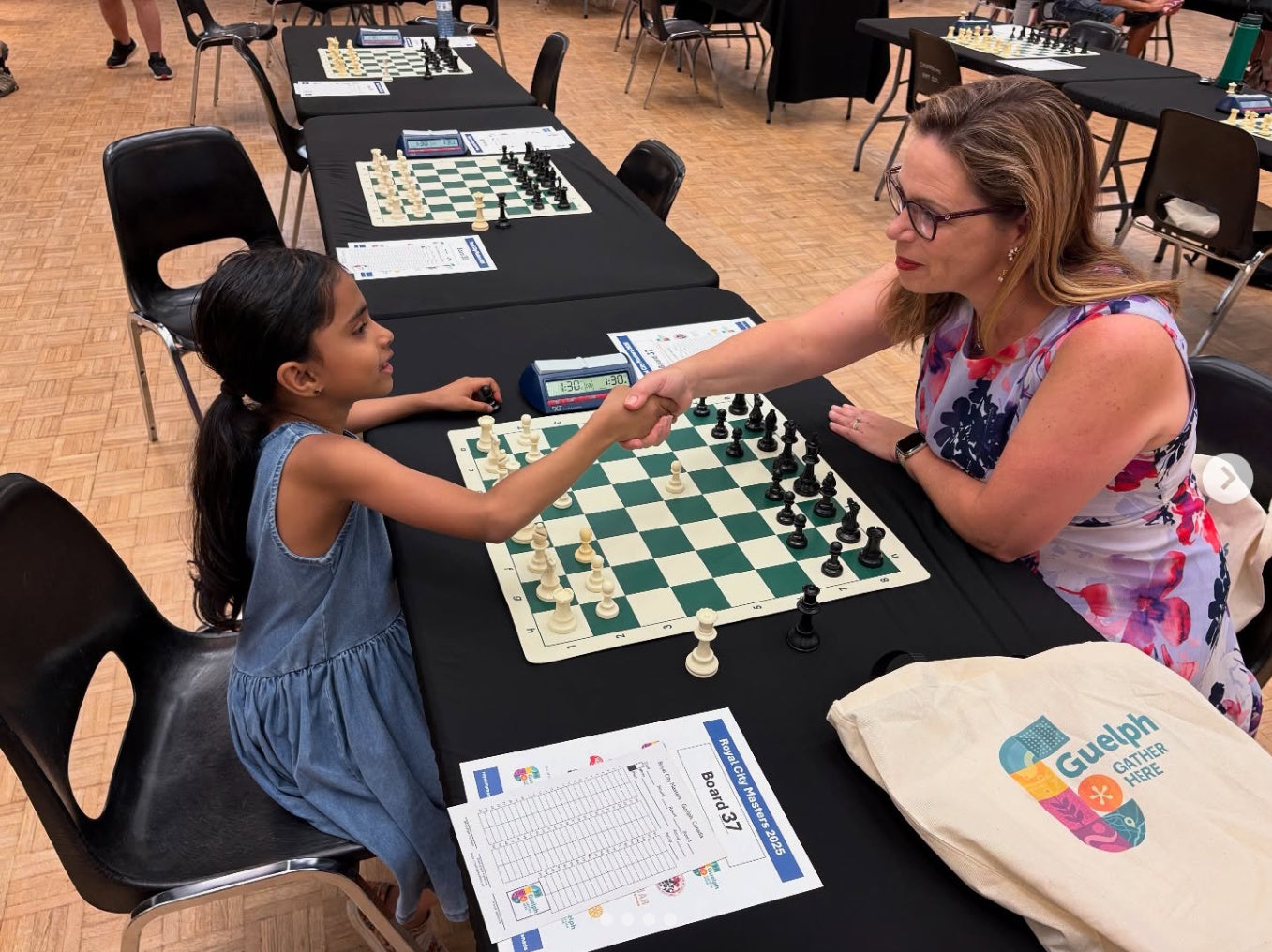Chess is proving to be more than just a game; it's becoming a valuable tool for rehabilitation within the Canadian prison system. Programs like the one led by Carl Portman in the U.K. have demonstrated significant positive impacts on inmates, teaching them critical life skills such as decision-making and responsibility. Inspired by these successes, similar initiatives are now being implemented in Canada.
In Ontario, a chess program approved by the Ministry of Community Safety and Correctional Services offers participants certificates upon completion, acknowledging the life skills they've acquired. Additionally, a team from the University of Lethbridge conducted an eight-week chess program at an Alberta correctional facility, which received overwhelmingly positive feedback. Participants reported increased calmness and improved behavior, with some officers noting unprecedented levels of tranquility among inmates.
These programs underscore chess's potential to foster critical thinking, patience, and strategic planning—skills that are invaluable both on and off the board. By engaging prisoners in chess, they are provided with constructive ways to spend their time and equip them with tools that can aid in their reintegration into society.
For a more in-depth look into how chess is making a difference in Canadian prisons, you can read the full article on Global News: More than a game: How chess is helping prisoners in Canada





